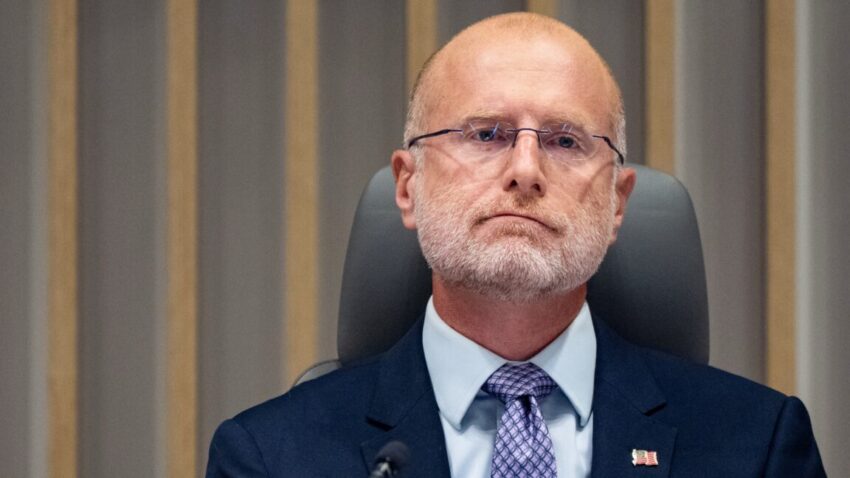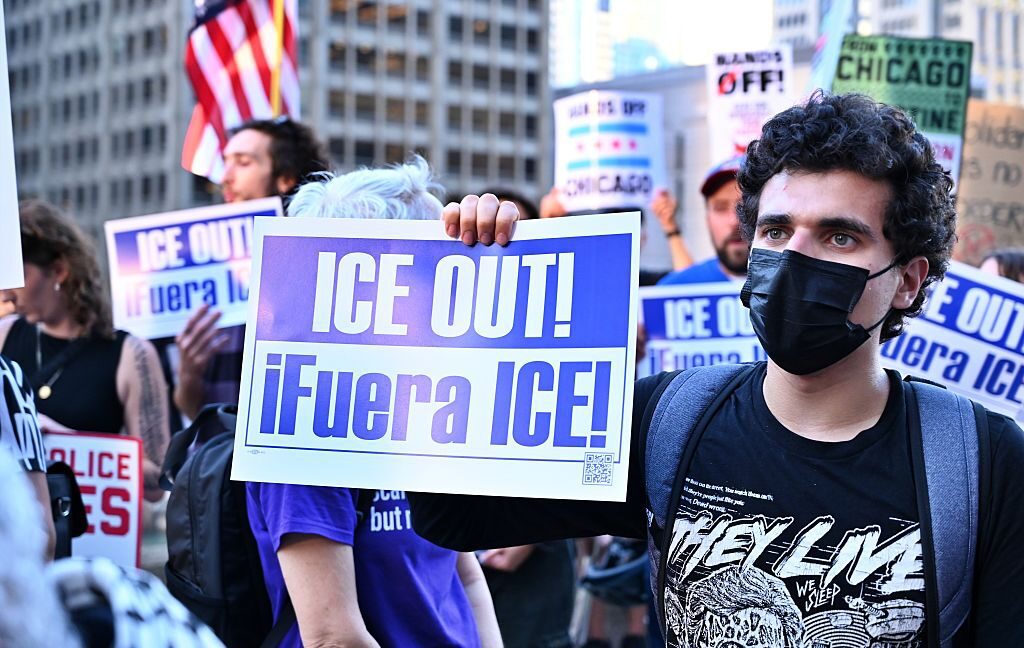
fcc republicans force prisoners and families to The Federal Communications Commission (FCC) has taken a controversial step by voting to increase the maximum prices that prison and jail phone services can charge inmates and their families.
fcc republicans force prisoners and families to
Details of the Vote
On October 3, 2025, the FCC held a pivotal vote that resulted in a 2–1 decision to raise the limits on phone call charges for incarcerated individuals. This decision was made amidst significant debate and dissent, particularly from Democratic Commissioner Anna Gomez, who expressed strong opposition to the new pricing structure. Gomez highlighted that the new rates could lead to charges that are “almost double in some facilities,” raising concerns about the financial burden this places on families trying to maintain contact with their loved ones.
Implications of the New Pricing Structure
The decision to increase phone call rates has immediate implications for the families of inmates, many of whom already face financial hardships. The FCC’s new pricing structure introduces an inflation factor that will allow rates to rise even further in the future. This move has raised alarms among advocates for criminal justice reform, who argue that the increased costs will disproportionately affect low-income families.
Gomez criticized the FCC’s decision, stating, “The FCC once again is going above and beyond to address the unsubstantiated needs of monopoly providers to squeeze every penny possible from families that want to stay in touch with their loved ones.” This statement underscores a growing concern that the commission is prioritizing the interests of telecommunications companies over the welfare of vulnerable populations.
Background on Prison Phone Services
Prison phone services have long been a contentious issue in the United States. Historically, the costs associated with phone calls from correctional facilities have been exorbitantly high, often leading to significant financial strain on families. In many cases, inmates are charged rates that can be several times higher than standard commercial rates. This situation has prompted various advocacy groups to call for reforms aimed at making communication more affordable for incarcerated individuals and their families.
In 2015, the FCC attempted to address these issues by implementing regulations that capped the rates for interstate calls from prisons and jails. However, these regulations faced legal challenges and were ultimately overturned in 2020. The recent vote to raise the maximum prices marks a significant reversal of the previous efforts to make prison communication more accessible.
Stakeholder Reactions
The reaction to the FCC’s decision has been swift and polarized. Advocacy groups, such as the Prison Policy Initiative and the American Civil Liberties Union (ACLU), have condemned the vote, arguing that it will exacerbate the already significant barriers to communication between inmates and their families. These organizations emphasize that maintaining contact with loved ones is crucial for the mental health and rehabilitation of incarcerated individuals.
In contrast, telecommunications companies have welcomed the FCC’s decision, arguing that the increased rates are necessary to cover operational costs and improve the quality of services provided. These companies often contend that the costs associated with providing phone services in correctional facilities are higher than those in the general market due to security measures and infrastructure requirements.
Economic Impact on Families
The economic ramifications of the FCC’s decision are likely to be profound. Many families of incarcerated individuals are already struggling to make ends meet, and the increased costs of phone calls could further strain their finances. According to a report by the Prison Policy Initiative, families can spend hundreds of dollars each month on phone calls, which can be a significant burden for those living on low incomes.
Moreover, the emotional toll of incarceration is compounded by the financial strain of maintaining communication. Families often face difficult choices between paying for phone calls and meeting other essential needs, such as food and housing. The FCC’s decision to raise rates may force many families to limit their communication with loved ones, which can have detrimental effects on both the inmates and their families.
Legal and Regulatory Context
The FCC’s authority to regulate prison phone services has been a subject of legal debate. In 2020, the D.C. Circuit Court of Appeals struck down the FCC’s previous regulations aimed at capping phone rates, arguing that the commission had overstepped its authority. This legal backdrop has created a complex environment for any regulatory changes, making the recent vote particularly contentious.
As the FCC moves forward with its new pricing structure, it is likely to face further legal challenges from advocacy groups and other stakeholders who argue that the commission is failing to protect the rights and welfare of incarcerated individuals and their families. The ongoing debate over the regulation of prison phone services highlights broader issues related to criminal justice reform, economic inequality, and the role of government in regulating essential services.
Future Considerations
Looking ahead, the implications of the FCC’s decision will likely resonate beyond the immediate financial impact on families. The increased costs of phone calls may deter families from maintaining regular contact with incarcerated loved ones, potentially undermining rehabilitation efforts and increasing recidivism rates. Studies have shown that maintaining family connections during incarceration can significantly improve outcomes for inmates upon their release, making the FCC’s decision particularly concerning from a public policy perspective.
Furthermore, the decision raises questions about the role of private companies in providing essential services within the criminal justice system. The reliance on private telecommunications companies to provide phone services in prisons has led to concerns about profit motives overshadowing the needs of inmates and their families. As the FCC continues to navigate this complex landscape, it will be essential to consider the broader implications of its decisions on the lives of those affected by incarceration.
Advocacy and Reform Efforts
In light of the FCC’s recent vote, advocacy groups are likely to ramp up their efforts to push for reforms aimed at making prison communication more affordable. This may include lobbying for new regulations that cap phone rates, as well as raising public awareness about the challenges faced by families of incarcerated individuals. The ongoing dialogue surrounding prison phone services is part of a larger movement advocating for criminal justice reform, which seeks to address systemic inequalities and improve conditions for those involved in the justice system.
As the situation evolves, it will be crucial for stakeholders, including lawmakers, advocacy groups, and the FCC, to engage in constructive dialogue aimed at finding solutions that balance the needs of families with the operational realities of providing phone services in correctional facilities.
Conclusion
The FCC’s decision to raise the maximum prices for prison phone services marks a significant turning point in the ongoing debate over the affordability of communication for incarcerated individuals and their families. As the implications of this decision unfold, it is essential to consider the broader context of criminal justice reform and the impact on vulnerable populations. The future of prison phone services remains uncertain, and continued advocacy will be necessary to ensure that the needs of families are prioritized in any regulatory framework.
Source: Original report
Was this helpful?
Last Modified: October 30, 2025 at 1:37 am
1 views















